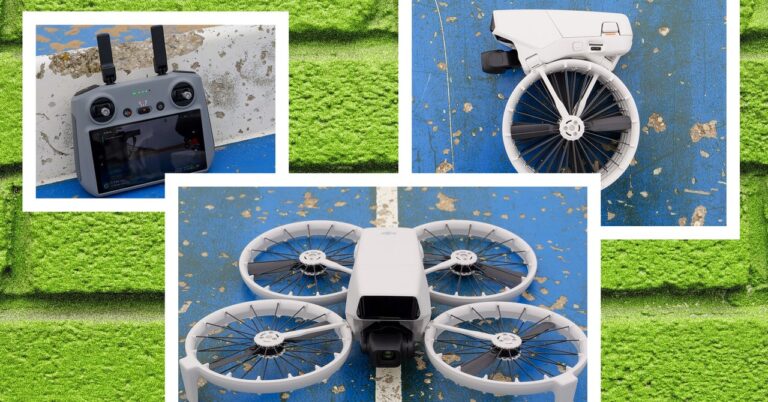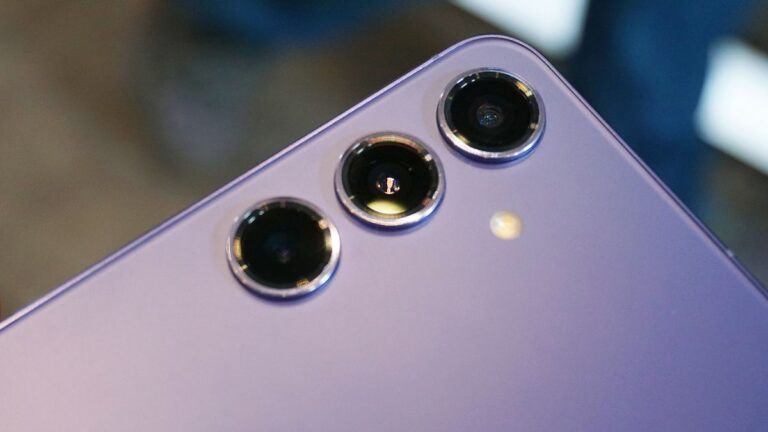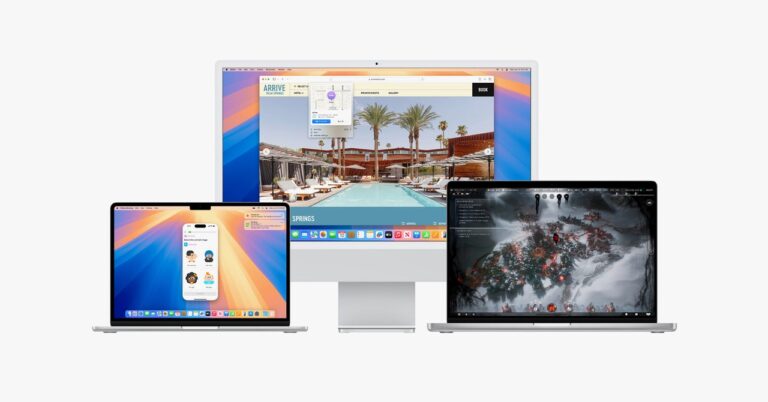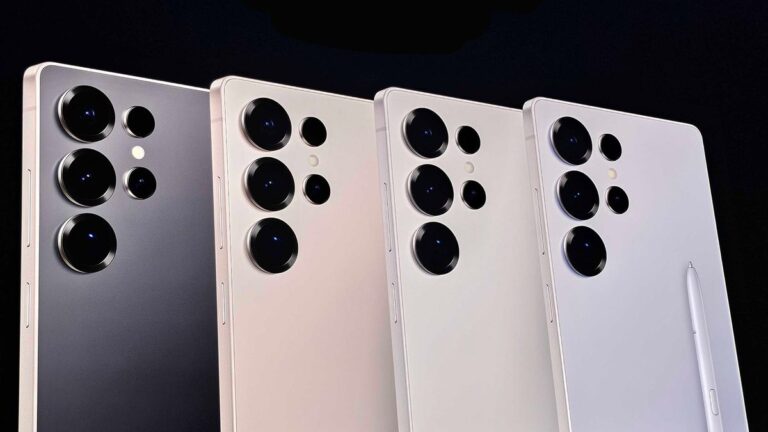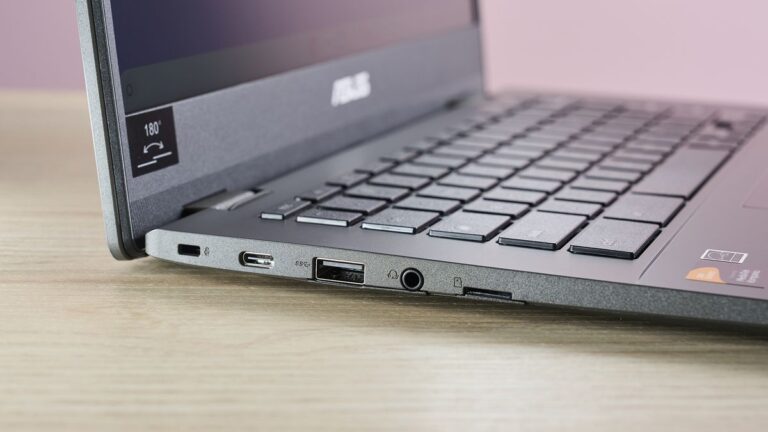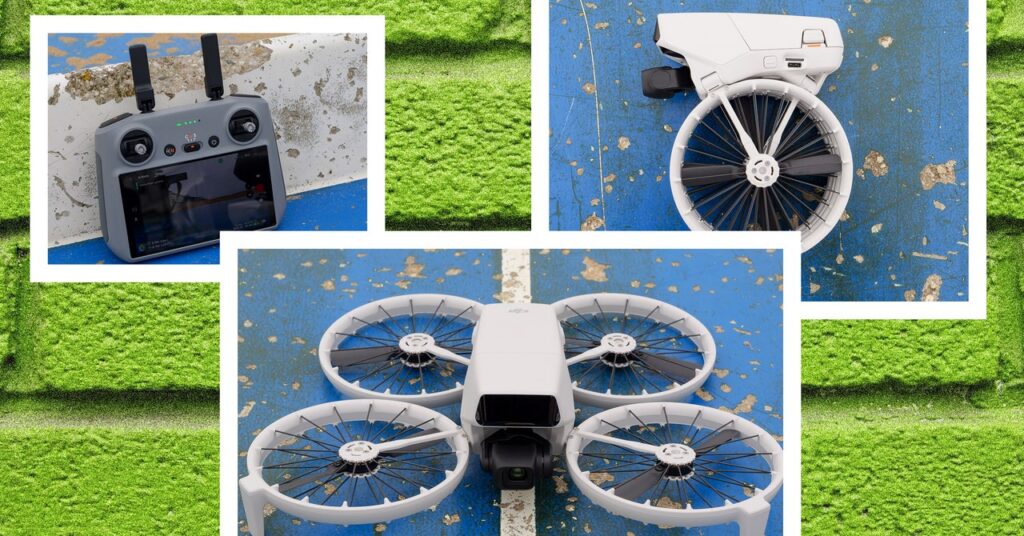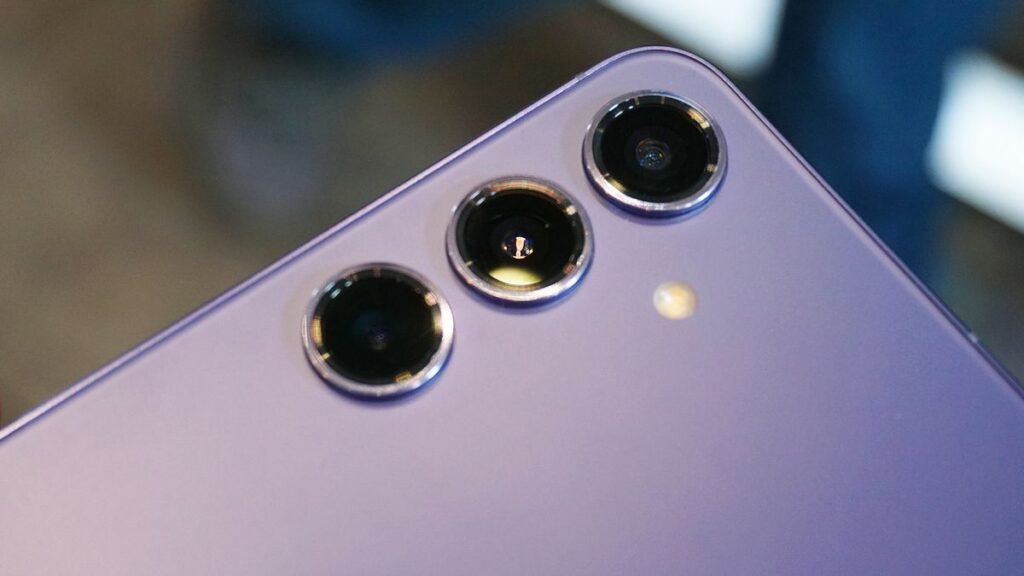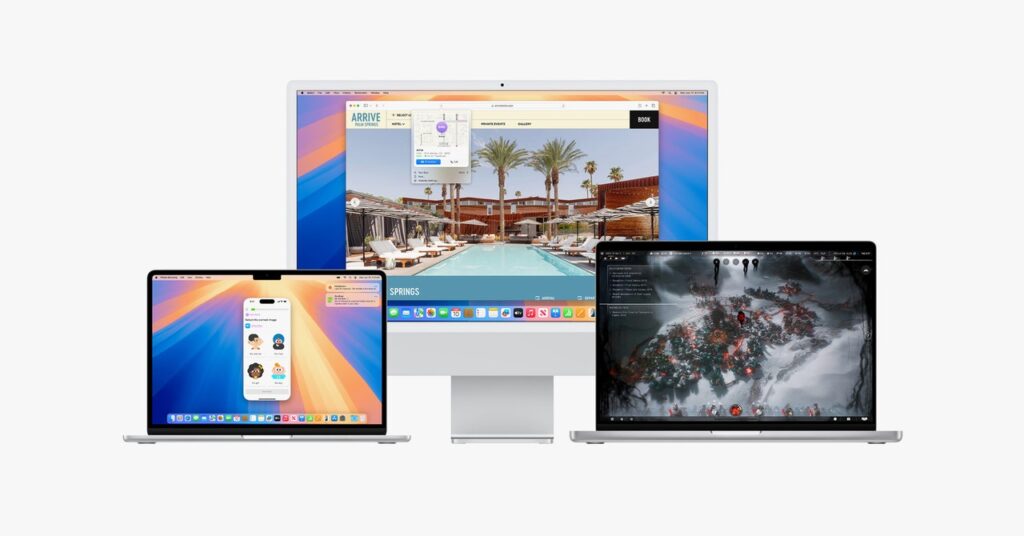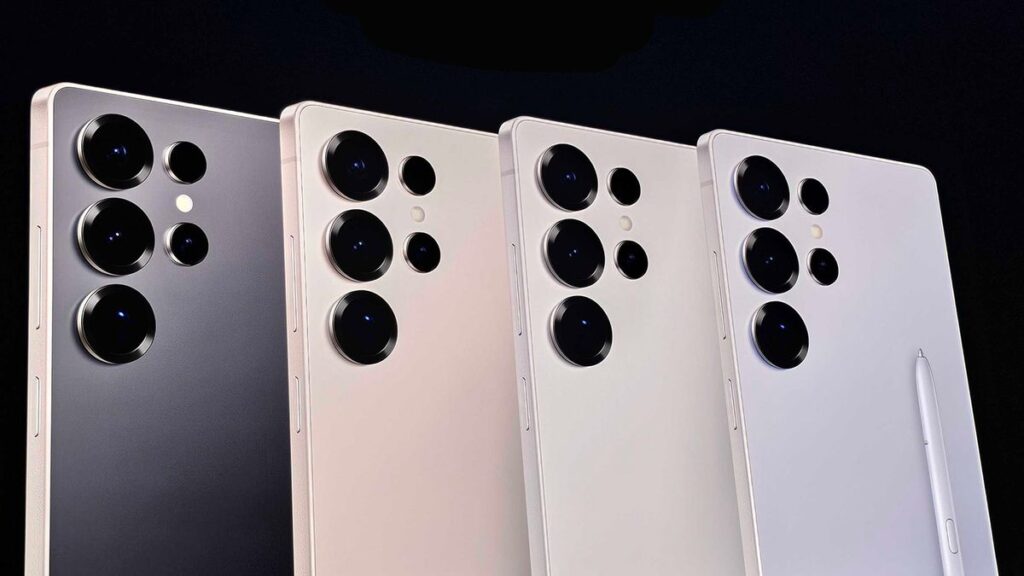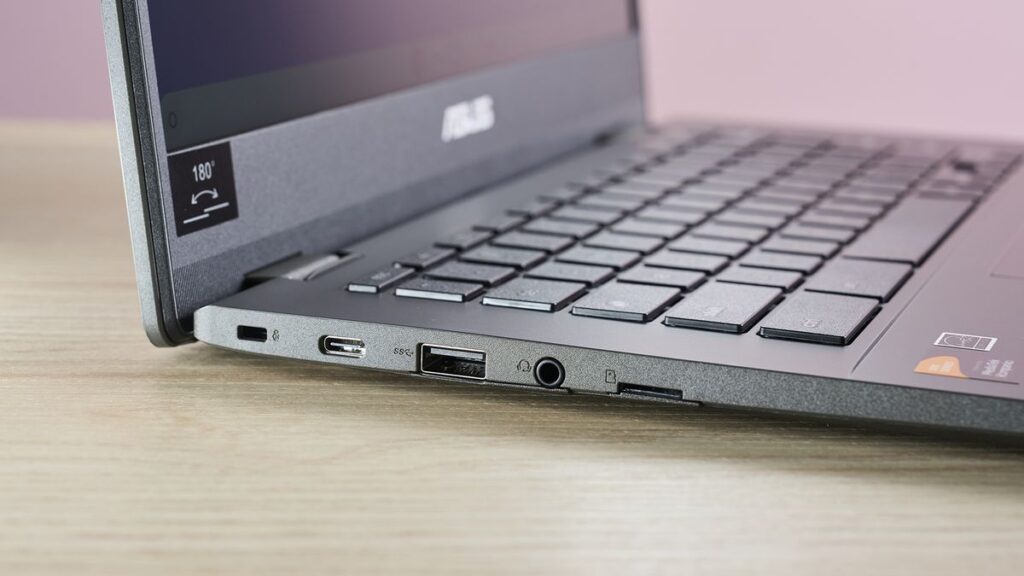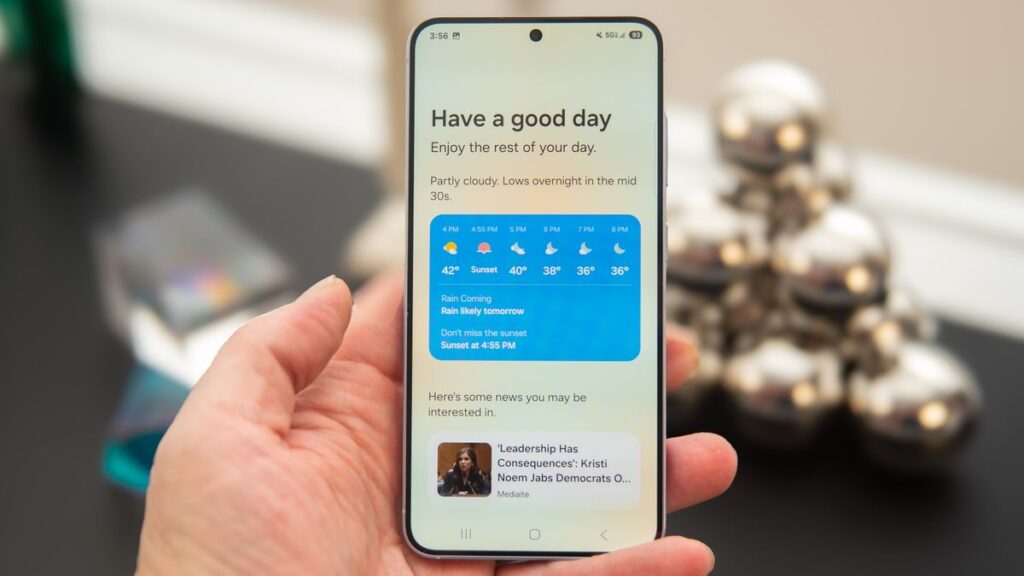Unlocking the Future: 5 Emerging Technologies Set to Transform Your Life
Artificial Intelligence and Machine Learning
Artificial intelligence (AI) and machine learning (ML) are more than just buzzwords; they are rapidly becoming integral parts of our daily lives. From virtual assistants like Siri and Alexa to advanced algorithms that recommend products based on your shopping habits, AI is changing how we interact with technology. These systems can analyze vast amounts of data, identify patterns, and make decisions with minimal human intervention.
In healthcare, AI is revolutionizing diagnostics and treatment plans. Algorithms can analyze symptoms and medical histories to suggest personalized treatment options, potentially catching diseases earlier than traditional methods. Moreover, AI-powered robots are assisting surgeons in performing complex procedures with precision. This technology not only enhances the quality of care but also makes it more accessible to a broader range of people.
In the business world, AI and ML are streamlining operations. They can automate mundane tasks, such as data entry or customer service inquiries, freeing up employees to focus on more strategic initiatives. Predictive analytics allows companies to anticipate market trends and consumer behavior, enabling them to make informed decisions that drive growth.
The Internet of Things
The Internet of Things (IoT) is a network of interconnected devices that communicate and exchange data. This technology is transforming everyday objects into smart devices that enhance our lives. From smart thermostats that learn your heating preferences to wearable fitness trackers that monitor your activity levels, the IoT is making our lives more efficient and convenient.
In our homes, IoT devices can create a seamless living experience. Imagine arriving home to a house that automatically adjusts the temperature to your liking, turns on the lights, and even starts brewing your coffee—all before you step through the door. Smart home technology not only provides comfort but also improves energy efficiency, helping you save money on utility bills.
In industries such as agriculture, IoT devices are enabling farmers to monitor crop health and soil conditions in real time. This data-driven approach allows for more precise farming techniques, leading to increased yields and reduced waste. As IoT technology continues to evolve, its applications will expand into various sectors, including transportation, healthcare, and manufacturing, creating a more interconnected world.
Blockchain Technology
Blockchain technology is often associated with cryptocurrencies, but its potential extends far beyond digital currencies. At its core, blockchain is a decentralized ledger that securely records transactions across multiple computers. This technology offers enhanced security, transparency, and trust, making it a game-changer for various industries.
In finance, blockchain can streamline cross-border payments, reducing transaction times and costs. By eliminating intermediaries, such as banks, users can transfer funds directly, making international transactions faster and more efficient. Moreover, blockchain provides an immutable record of transactions, reducing the risk of fraud and ensuring accountability.
Beyond finance, blockchain is being explored in supply chain management. By tracking products from their origin to the consumer, companies can ensure authenticity and traceability. This is particularly important in industries like food and pharmaceuticals, where safety and quality are paramount. As businesses adopt blockchain technology, consumers can have greater confidence in the products they purchase.
Augmented Reality and Virtual Reality
Augmented reality (AR) and virtual reality (VR) are changing how we experience and interact with the world around us. While VR immerses users in a completely digital environment, AR overlays digital elements onto the real world, enhancing our perception without disconnecting from reality.
In education, AR and VR are creating immersive learning experiences. Imagine students exploring ancient civilizations through virtual field trips or practicing surgical techniques in a realistic 3D simulation. These technologies engage learners in ways traditional teaching methods cannot, making education more interactive and effective.
In retail, AR is revolutionizing the shopping experience. Customers can use their smartphones to visualize how furniture will look in their homes or try on clothes virtually before making a purchase. This not only enhances customer satisfaction but also reduces return rates, benefiting retailers.
The entertainment industry is also embracing AR and VR, offering new ways to experience movies, video games, and live events. As these technologies continue to advance, we can expect even more innovative applications that will further blur the lines between the digital and physical worlds.
5G Technology
5G technology is the fifth generation of mobile networks, and it promises to revolutionize connectivity as we know it. With significantly faster speeds, lower latency, and the ability to connect more devices simultaneously, 5G is set to enhance various aspects of our lives.
One of the most immediate benefits of 5G is its impact on mobile gaming and streaming. With faster download speeds and reduced lag, gamers can enjoy seamless online experiences, while streaming high-definition content becomes a breeze. This technology will enable the proliferation of cloud gaming, allowing players to access games without the need for expensive hardware.
In smart cities, 5G will facilitate the development of autonomous vehicles and connected infrastructure. Traffic lights that communicate with cars to optimize traffic flow and reduce congestion are just one example of how 5G can enhance urban living. Additionally, emergency services can respond more effectively with real-time data sharing, ultimately saving lives.
Healthcare is another area poised for transformation with the advent of 5G. Remote surgeries performed by specialists hundreds of miles away become feasible with high-speed connections, ensuring that patients receive expert care regardless of their location. Wearable devices can transmit health data in real time, allowing for proactive monitoring and intervention.
As 5G technology continues to roll out globally, its potential to improve communication, enhance convenience, and drive innovation across various sectors will undoubtedly shape the future of modern life.
In summary, the future is bright with emerging technologies like AI, IoT, blockchain, AR/VR, and 5G on the horizon. These advancements promise to enhance our daily lives, making them more efficient, enjoyable, and connected. As we continue to embrace these innovations, we can look forward to a world where technology seamlessly integrates into our everyday experiences, transforming how we live, work, and interact with one another.

